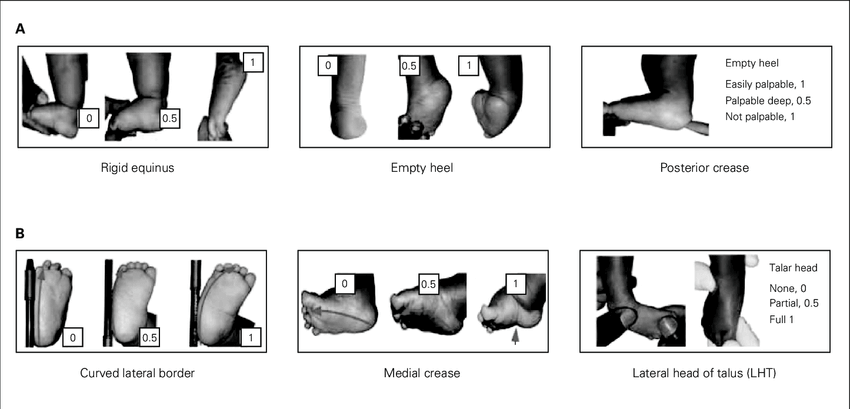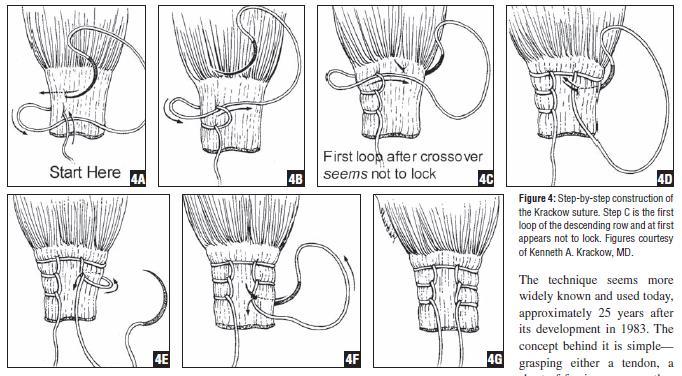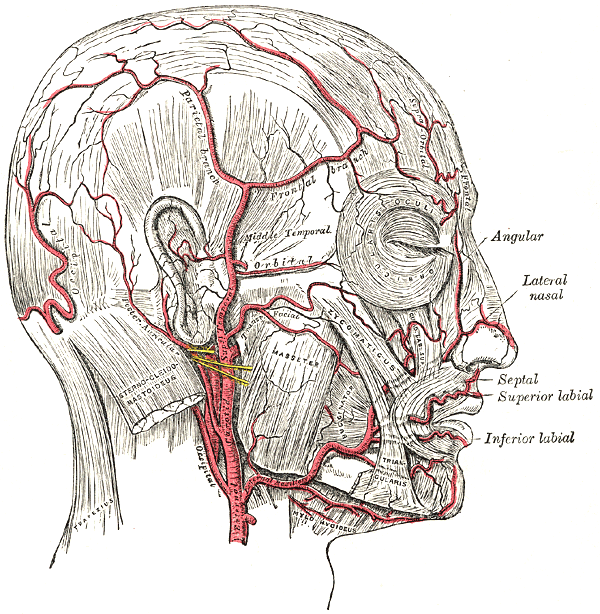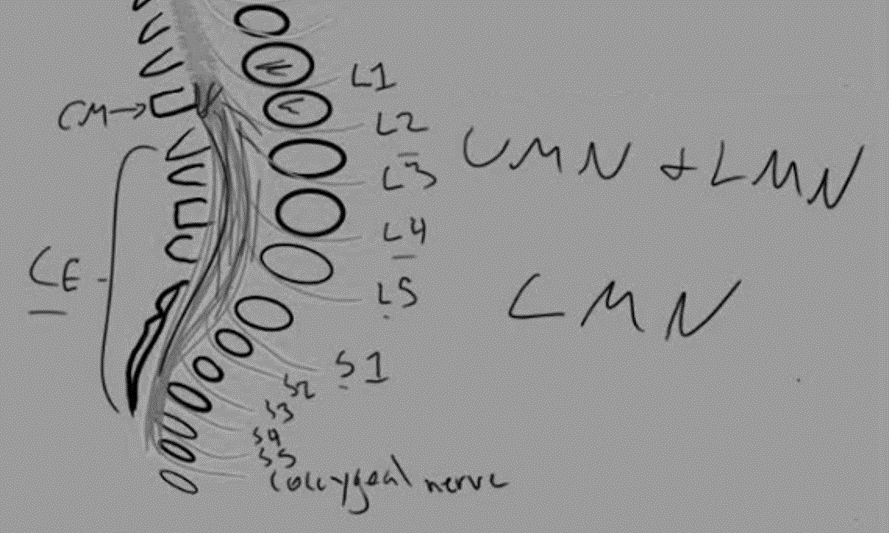Definitions Condition Vertebral level of injury Neurological level of injury ISNCI level of injury Conus Medullaris Syndrome (CMS) T12-L2 T12-S5 T11 Cauda Equina Syndrome (CES) L3-L5 L3-S5 L2 Anatomy The spinal cord ends as a tapered structure called the conus medullaris at the level of L2–L3 disc in the neonate…
Author: Epomedicine

Pirani Score and Dimeglio Classification for Clubfoot Assessment
Pirani socre Pirani score for assessment of clubfoot (CTEV) consists of 6 parameters (3 each in midfoot and hindfoot) which is scored as 0, 0.5 or 1 with a maximum possible score of 6. The parameters can be remembered using the mnemonic: PER TOM Posterior crease Empty heel Rigid equinus…

The 5 Most Common Sleep Disorders Explained and How They’re Treated
Sleep is a vital part of life, as it allows our bodies to rest and recover from the previous day. The average healthy adult needs between seven and nine hours of sleep every night, whereas older adults, teenagers, young children, and infants need more. And this refers to good, quality,…

Krackow Suture Technique
The Krackow technique is a continuous locking loop suture technique commonly used in tendon repair. The classic Krackow stitch involves 3 or more locking loops placed along each side of the ligament or tendon. Starting point: 1 cm from the tendon end Suture pitch: 5 mm (space the loops 5…

Personality Compatibility: Is this important in relationships?
Two people are made perfect for each other by nature. It might appear that two people with personality type infp in Love have it all, but relationships can be built on more than this. However, it’s normal for you to have some difficult times in your relationship. There might be…

5 Branches of Psychology
Psychology is a vast subject. It is the study of the way the human mind works and how thoughts affect behaviours. Because the mind is so complex and there is a lot that we still don’t know about it, psychology is forever evolving. New theories are being created and different …

Social History : Mnemonics
Mnemonic: FED TACOS Food Exercise Drugs Tobacco Alcohol Caffeine Occupation Sexual history Reference and further reading: History and Physical Examination: A Common Sense Approach By Mark Kauffman (DO.) Mnemonic: 10 Fs Family/Friends: Marital status, Caregivers and their status Fertility: Impotence for men, Other issues for women Food: Dietary history Freud:…

Temporal Arteritis : Mnemonic
The 1990 ACR criteria for temporal arteritis can be remembered using the mnemonic: TEMPL3 T: Temporal artery abnormality (Tenderness or reduced pulse) E: Elevated ESR (50 mm/hr or more) M: Multinucleate giant cells (Present on biopsy) P: Pain (New onset localized headache) L: Later life (Age 50 years or over…
